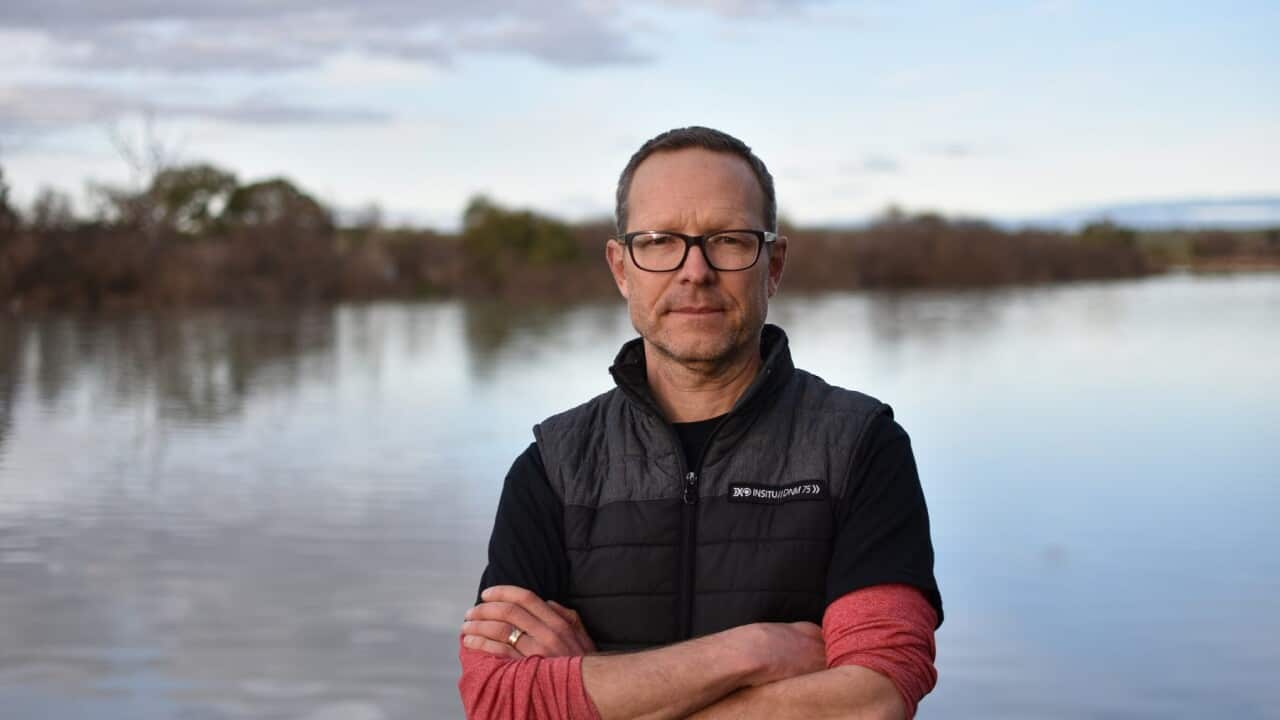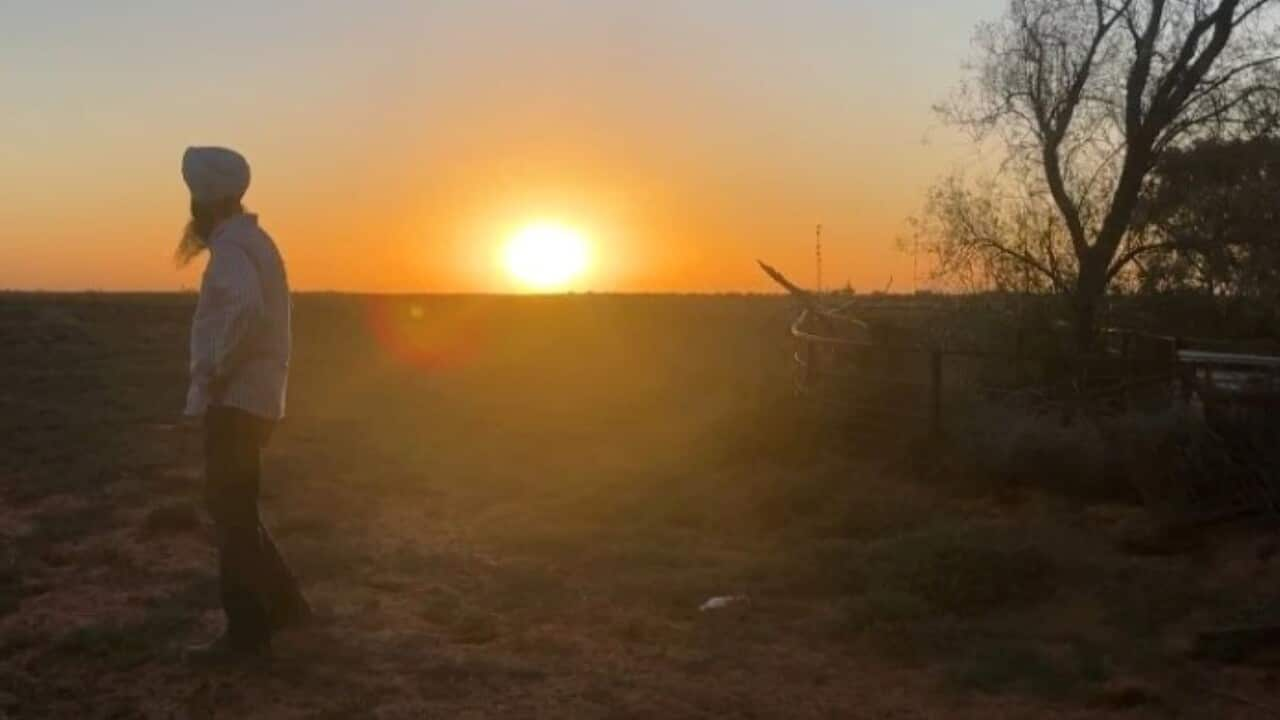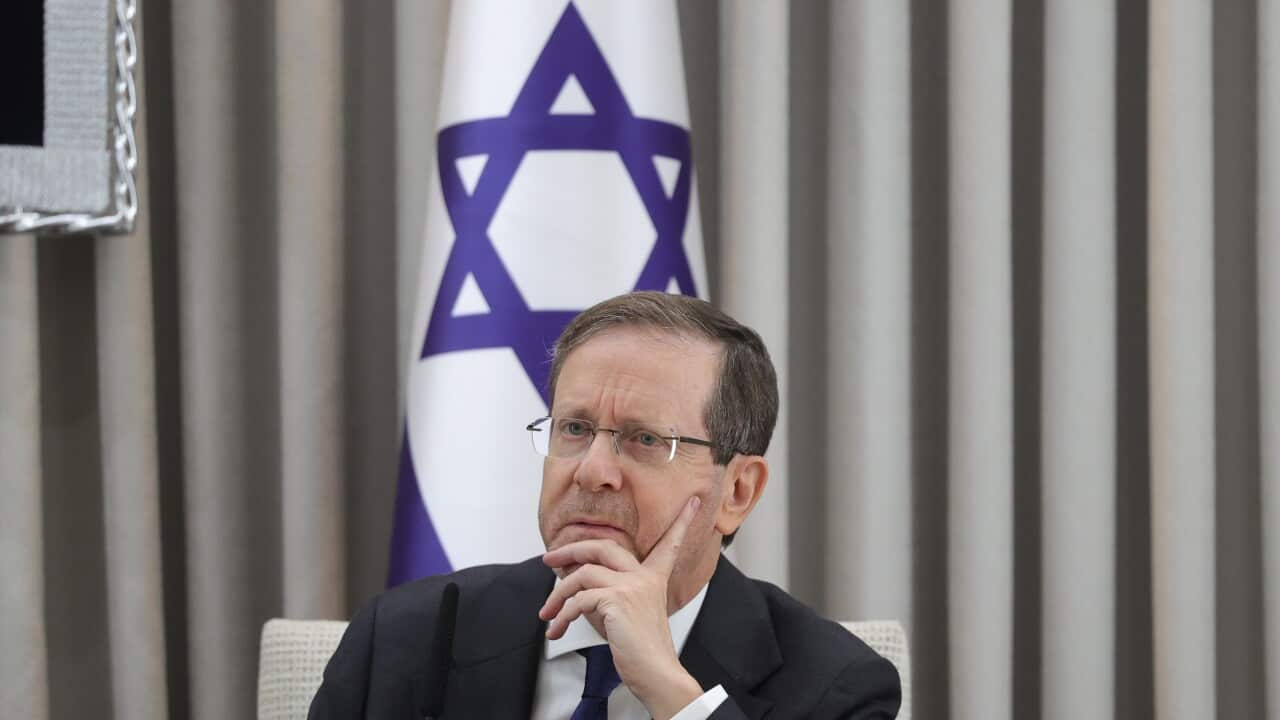Listen to Australian and world news, and follow trending topics with SBS News Podcasts.
TRANSCRIPT:
An existential problem of planetary proportions: that is how the world's highest court has described climate change in a ruling that could have global implications.
"The Court notes that the consequences of climate change are severe and far-reaching. They affect both natural ecosystems and human populations. These consequences underscore the urgent and existential threat posed by climate change."
International Court of Justice President Yuji Iwasawa there, delivering a ruling in what some say is the most consequential case in the history of the court.
At the heart of the ruling, the ICJ found that individual states have a legal duty to tackle climate change, and those who fail could be committing internationally wrongful acts.
"The court considers that a clean, healthy and sustainable environment is a precondition for the enjoyment of many human rights such as the right to life, right to health and the right to an adequate standard of living including access water, food and housing. The right to a clean, healthy and sustainable environment results from the interdependence between human rights and the protection of the environment."
Outside the court, climate activists gathered to watch the ruling from a giant screen, cheering throughout the two-hour hearing.
The case was brought to the ICJ by the UN after a hard-fought and lengthy six-year campaign organised by law students from Vanuatu and other Pacific island nations.
Vishal Prasad is the director of Pacific Islands Students Fighting Climate Change, which led the campaign.
He says the court has sent a strong message.
"I think I'm completely overjoyed with what the outcome of the opinion has been, and we're still trying to digest it, as someone said all might be in a state of shock at the moment with what the court has given us, and I think it sends a strong message for all of us and to young people everywhere that there is still hope and there is a chance and there's a reason for us to keep fighting because as we said that this advisory is a tool for climate justice and boy, has the ICJ has the ICJ given us a strong tool to carry on the fight for climate justice and, so we're very glad."
Tasked by the United Nations, the court's advisory opinion aims to address two fundamental questions.
First: what must states do under international law to protect the environment from greenhouse gas emissions for the future?
Second: what are the consequences for states whose emissions have caused environmental harm, especially to vulnerable low-lying island states?
United Nations Secretary General, Antonio Guterres, says the ruling is a victory.
"I welcome that the International Court of Justice has issued its historic advisory opinion. They made clear that all States are obligated under international law to protect the global climate system. This is a victory for our planet, for climate justice, and for the power of young people to make a difference. Young Pacific Islanders initiated this call for humanity to the world. And the world must respond. As the ICJ has laid out today, the 1.5 degree goal of the Paris Agreement must be the basis of all climate policies, under the current climate change treaty regime."
Joie Chowdhury is a Senior Attorney for the Centre for International Environmental Law.
Speaking ahead of the outcome, she told reporters the ruling could offer some hope to the communities worst impacted by climate change.
"It's a historic case where Pacific students decided to bring the world's biggest problem to the world's highest court, and the court today is addressing two essential questions: What are the legal duties of states in relation to climate change, and what happens if states do not meet those legal duties? It is so important, it could be one of the most consequential legal rulings of our times because of the scope of the issues that it touched, which run to the very heart of climate justice, and could secure a lifeline for climate-affected communities and nations all over the world."
During a two-week hearing in December, over 100 countries, organisations and experts addressed the court with hopes of influencing the outcome.
Throughout, major fossil fuel producers, including the US, argued that the 2015 Paris Accord was a sufficient enough mechanism to tackle climate change.
The Paris Agreement has rallied a global response to climate change, but experts say it has not worked fast enough.
Since then, United States President Donald Trump has withdrawn from the Paris Agreement altogether, as his administration embraces fossil fuels over clean energy.
After the ruling was delivered, a US State Department spokesperson said it "will be reviewing the Court's advisory opinion in the coming days and weeks."
Antonio Guterres says while the US position is troubling, the United States government doesn't run the world.
"Obviously the administration in itself is an obstacle, but there are other. Government in the US doesn't control everything . It is a market economy and decentralized country, with the states having enormous powers in relation to economic and social issues and one thing that I'm sure is that the investments that will now be made to discover new deposits of fossil fuels will be totally lost. So decisions in favour of the expansion of fossil fuels in the US or anywhere else will be just a waste of money."
So, what does the ruling say countries' obligations are to cut emissions?
While the ruling is nonbinding, it is expected to have ramifications in courts, companies and communities around the world.
Each party to the UN's climate negotiations framework needs to produce climate plans that "represent its highest possible ambition".
The court says that non-compliance with emission reduction commitments may constitute an internationally wrongful act.
Jule Schnakenberg is a member of the World's Youth for Climate Justice.
She says she is glad the court was explicit on fossil fuels.
“I think the language on fossil fuels is extremely strong and that phasing out fossil fuels and not doing that is an internationally wrongful act and that's extremely strong, and that gives campaigners, litigators, policy makers a lot more of a stronger tool, domestically and internationally.”
The most controversial aspect of the court ruling was on reparations.
The court says that the state responsible for an internationally wrongful act is under an obligation to cease that act and provide assurances that it won't happen again.
The court also says states responsible for such acts could also be obliged to pay full reparation to injured states in the form of restitution, compensation and satisfaction.
During the hearings, many argued that the world's largest emitters should pay reparations to other countries, especially low-lying Pacific and Caribbean islands.
Vanuatu's minister for climate change, Ralph Regenvanu, says he hopes the implementation of the decision can change the status quo.
"Today's ruling is a landmark moment and it has confirmed that we vulnerable nations have been saying and we have known for so long that states do have legal obligations to act in climate changes, and these obligations are granted in international law, they are granted in human rights law, and they are granted in... to protect our environment, which we heard the court refer to so much. And these aren't aspirational ideas, as some, some would have it. The court has just confirmed they are binding duties. And the advisory opinion has clarified the legal consequences for states which fail to discharge these obligations."













